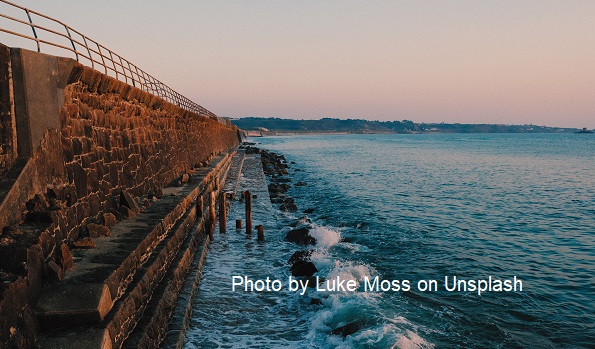Recent Channel crossings have brought the total number of people arriving in Britain by sea in September to over 4,600. The UK has responded to the increase by threatening to pull funding to France and advocating illegal pushbacks, which sources say will begin in October. Before a committee of MPs scrutinising new asylum legislation, the UN Refugee Agency (UNHCR) reiterates that not only do the proposals breach international law by penalising refugees, they are unworkable. More mass evictions of makeshift camps in Calais have taken place, while a 16-year-old has been killed trying to mount a lorry.
In September,160 boats were recorded as having crossed the Channel, with 4,638 people arriving in the UK. This number includes 350 people who crossed on 25 September in 14 boats, and 669 people who made the crossing on 26 September in six boats. That same day, French police intercepted six boats with 197 people, preventing them from making the crossing. French authorities also arrested two suspected smugglers. According to French authorities, 15,400 people attempted the crossing in the first eight months of the year, of whom 3,500 were intercepted by French forces after being found “in distress” and returned to France. In 2020, 9,500 people were recorded as attempting the crossing, compared with 2,300 in 2019 and 600 in 2018. As of the end of September 2021, more than 17,063 people in small boats had reached Britain this year.
Following the increase in arrivals the British government is advocating more extreme measures to halt asylum seekers arriving by boat. These include illegal pushbacks at sea, which have reportedly been given the go-ahead by Prime Minister Boris Johnson to begin in October. Home Office Permanent Secretary Matthew Rycroft said in parliament that there is a legal basis for the “turn-backs” that the Border Force have been practising, but refused to disclose the details of what this legal basis would be. The crossings have exacerbated Franco-British disaccord, with France refusing to accept measures that breach international law and the UK threatening to pull funding if France doesn’t do more to prevent departures. The commander in charge of French operations along the coastline has told the BBC that if the UK cuts its funding, he will withdraw his troops currently patrolling the coast.
Both France and the UK continue to prosecute alleged people-smugglers: a 26-year old Iraqi was recently sentenced to one year in prison by the court of Boulogne-de-Mer, while six men accused of smuggling 69 Albanians across the Channel are on trial before a UK court. The British government’s proposed New Plan for Immigration seeks to impose a maximum sentence of life imprisonment for those who facilitate crossings and to make it a criminal offence to arrive in the UK without permission. The Home Secretary Priti Patel claims the reforms are aimed at fixing the UK’s “broken” asylum system. UNHCR however says the Nationality and Borders Bill will create a “unfair two-tier system” that will “penalise most refugees” seeking asylum. In front of an MP committee tasked with scrutinising the bill, the agency restated its view that the proposed legislation will break international law. UNHCR’s UK representative Rossella Pagliuchi-Lor has also said the bill is unworkable. Ms Pagliuchi-Lor told the committee that it will exacerbate the country’s asylum backlog, increase costs for the Home Office, delay the integration of refugees and hamper return.
The UK asylum system has already been criticised by numerous NGOs, including ECRE members, as deeply dysfunctional. More than 71,000 people are currently awaiting an asylum decision in the UK, with the Home Office recently confirming that the average waiting time is over one year. The House of Commons Women and Equalities Committee has now been tasked with scrutinising the asylum process and the extent to which it addresses discrimination and the particular vulnerabilities of applicants.
In Calais, French police continue to raid and dismantle the makeshift camps of people on the move, often destroying their possessions. On 24 September, more than 800 people, including Afghans, Kurds, and East Africans, were evicted from a camp in Grand-Synthe. Utopia 56 and other NGOs denounced a “politics of terror” and said authorities misled people by telling them alternative accommodation would be provided. In reality, only 70 people were relocated to shelters. On 28 September, a further 400 people were evicted from the Virval area, marking the 883rd eviction operation so far in 2021. The same day, a 16-year-old Sudanese child was killed near Calais while trying to mount a lorry to enter Britain.
For further information:
- ECRE, Channel: UK Practices Pushbacks as France, NGOs and the UN Deem “Turn-Around” Tactics Unsafe and Unlawful, September 2021
- ECRE, UK: Plans to Return Boats Face Headwind as Channel Crossings Rise, Discouragement of “Illegal” Arrivals Continues, NGOs Call for Safe Routes, Home Office Spends Millions Deporting Hundreds, September 2021
Photo by Luke Moss on Unsplash
This article appeared in the ECRE Weekly Bulletin. You can subscribe to the Weekly Bulletin here.

